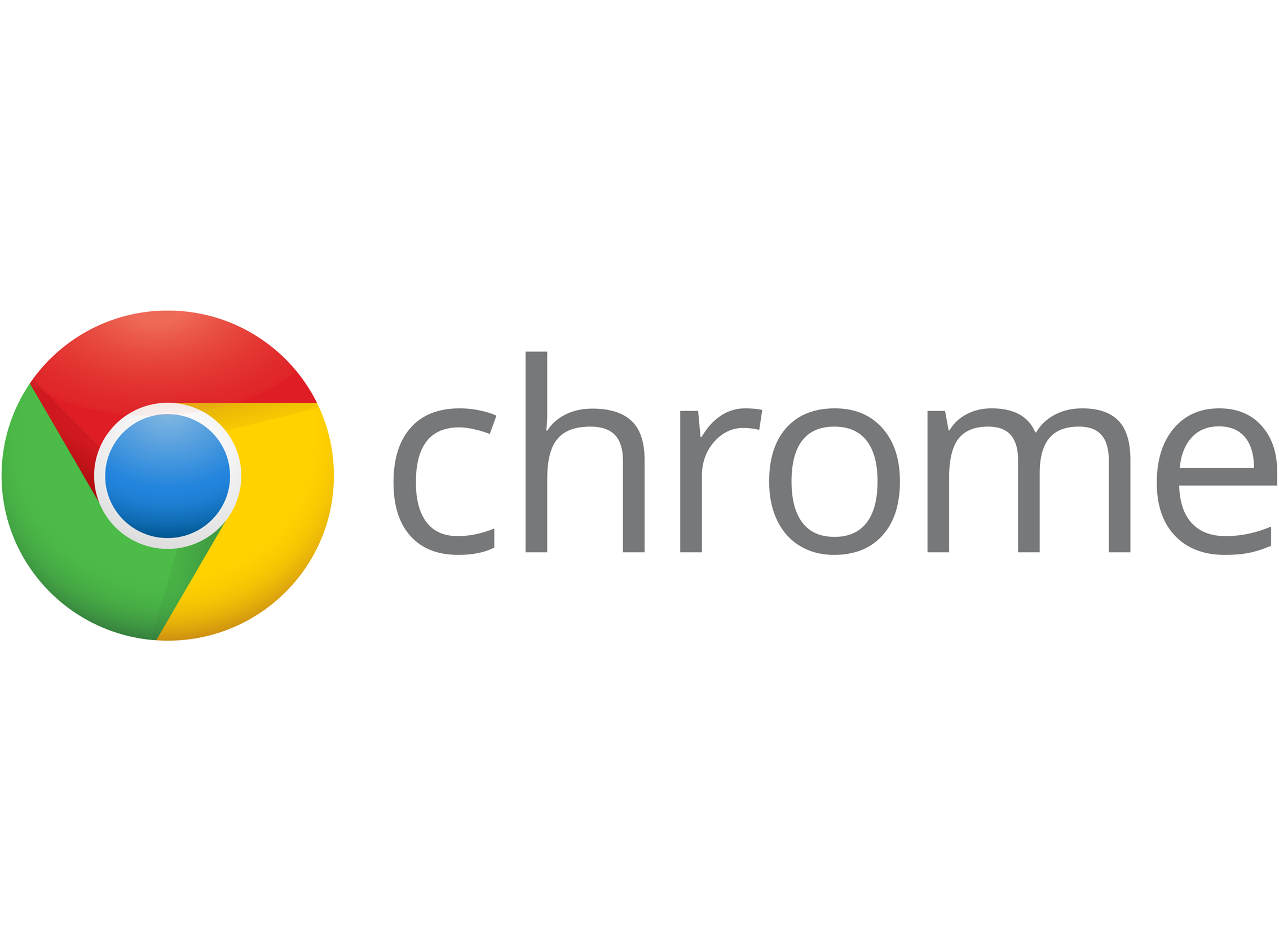; Date: Fri Jun 02 2017
Tags: Google »»»» Internet Advertising »»»»
Google makes a lot of money off of Internet advertising. Advertising services are Google's main income stream off which they've built a humongous business. There are lots of crappy abusive advertising practices on the Internet, and Google plans to change Chrome to block some of that advertising. It's important therefore to question whether Google's plan to block some advertising is legitimate.

Google's announcement starts with this:
The vast majority of online content creators fund their work with advertising. That means they want the ads that run on their sites to be compelling, useful and engaging--ones that people actually want to see and interact with.
About 15 years ago, when the Adsense network was still new, I had the chance to attend a meeting between Google and Adsense Publishers. During that meeting, Google's representatives said the same sort of thing. That they'd designed Adsense to fulfill a virtuous circle, being useful to advertisers, to publishers, and most importantly to the readers. That their goal was advertising that readers would consider a useful addition to the site content, and therefore would not be turned off etc.
My experience of Adsense is that the last few years Google lost track of that goal ... be that as it may, Google is still saying the same thing all these years later. That's nice of them.
The very next thing:
But the reality is, it’s far too common that people encounter annoying, intrusive ads on the web--like the kind that blare music unexpectedly, or force you to wait 10 seconds before you can see the content on the page. These frustrating experiences can lead some people to block all ads--taking a big toll on the content creators, journalists, web developers and videographers who depend on ads to fund their content creation.
Um... "videographers to depend on ads" would refer to YouTube "content creators" would it not? There is information out there on blocking YouTube advertising. In any case - yes - obviously there is an upswing in obnoxious advertising that makes people want to turn block it all.
I've purposely not run an adblocker because if I'm going to run advertising on my websites, to earn money from my websites, then I should not begrudge others who are doing the same. Unfortunately the obnoxiousness of advertising on some of my favorite sites led me to install an adblocker in Chrome -- for awhile -- until the adblocker itself started causing problems, that is.
We believe online ads should be better.
I hope that's actually not the case - and that Google's action is not an effort to squash advertising from competing networks.
Coalition for Better Ads --
https://www.betterads.org/ -- Its initial press release was in December 2016, meaning this is a brand new organization.
Founding members and supporters of the Coalition, in alphabetical order, include the American Association of Advertising Agencies (4A’s), Association of National Advertisers (ANA), BVDW Germany, Digital Content Next, DMA, European Publishers Council, Facebook, Google, GroupM, IAB, IAB Europe, IAB Tech Lab, as well as additional national and regional IABs, Network Advertising Initiative (NAI), News Media Alliance, Procter & Gamble, Unilever, The Washington Post, and World Federation of Advertisers (WFA).
In other words, Google is a founding member but that group includes a number of other companies. The very least one can say is that Google is not acting unilaterally in this, since there are other companies (including publishers) involved.
That the Coalition website is full of research into preferred types of advertising is A Good Thing, in that it indicates an effort to promote a virtuous circle.
Google has a couple new tools,
- Ad Experience Report --
google.com ad-experience-unverified -- "helps publishers understand how the Better Ads Standards apply to their own websites"
- Best practices guide --
doubleclickbygoogle creating-better-ad-experiences
Cutting to the chase
Here's the change Google will put into Chrome:
Chrome has always focused on giving you the best possible experience browsing the web. For example, it prevents pop-ups in new tabs based on the fact that they are annoying. In dialogue with the Coalition and other industry groups, we plan to have Chrome stop showing ads (including those owned or served by Google) on websites that are not compliant with the Better Ads Standards starting in early 2018.
A key phrase is "including those owned or served by Google", so we'll have to test this assertion in the future to see whether Google remains true to that promise.
Source:
-
blog.google building-better-web-everyone
-
arstechnica.com google-prepares-publishers-for-the-release-of-chrome-ad-blocking











